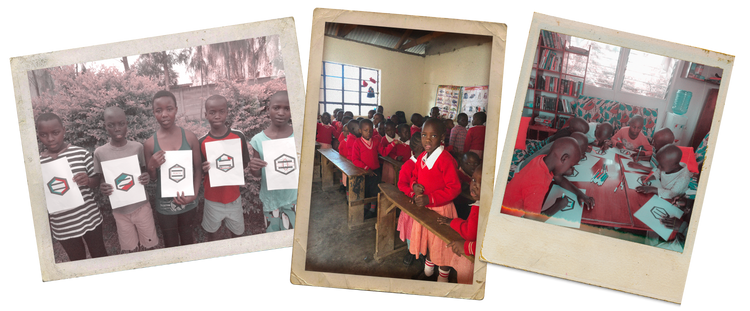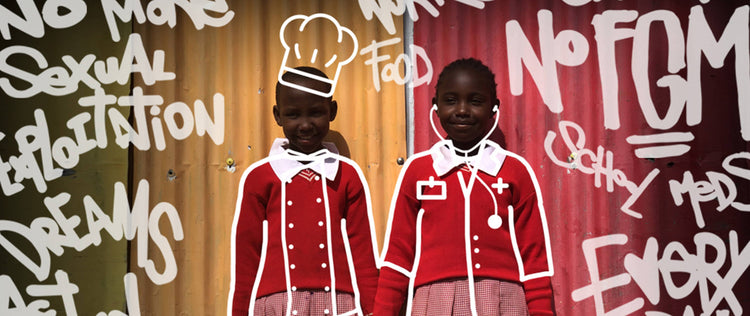
There may be two of you dreaming
Order today at dollynoire.com!
On International Women's Rights Day, the whole amount of the income from March 8, 2021, will be donated to Alice for Children to support the lives of some girls in the slums of Nairobi and to ensure their basic rights such as food, medical care, personal hygiene and schooling.
A pragmatic act to support the future women!

The association's manifesto
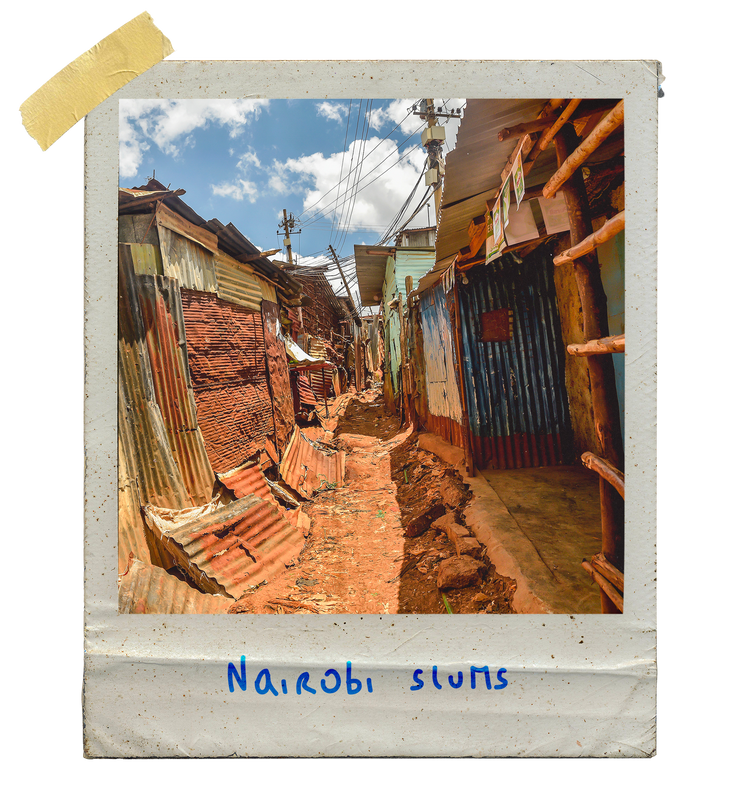
Elementary rights in an African slum are not only denied or trampled upon, but the hope of obtaining them is only a mirage.
In Africa, hundreds of millions of people live in slums, slums or rural areas where rights, especially for women, are completely denied.
While the right to equality, to justice or health and medical care are some of the basic human rights now achieved in the West, sound like meaningless and worthless words in Africa.
The United Nations has drafted 17 Sustainable Development Goals to be achieved by 2030: end poverty, reduce inequality, stop hunger, good nutrition, access to water, good sanitation, education, and empowerment of women and girls.
The attempt is fair. The achievement almost impossible.
So, we asked ourselves what we could do and how we could accomplish it. And we decided to start a slum rights campaign, asking for help and converting it into real services for the people who will benefit.
We want to be concrete.
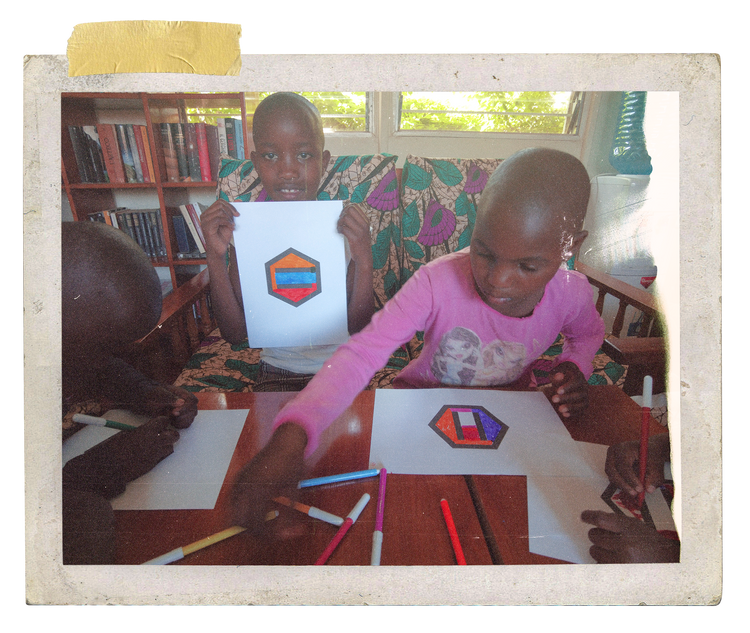
We at Alice for Children have been living in the slums of Nairobi for 14 years providing education, with two elementary school of about 2,500 children.
We get to know the children one by one, their families, their behaviors and see their lives going along with ours, understand their present, foresee their future.
The main goal is to support them with practical solutions (such as providing them with food, water, a safe place, sanitary devices, sanitary pads, etc.) and to represent and tell their stories as best we can to make them understand how denied rights affect the development of slum life.
The serious situation of women and young girls
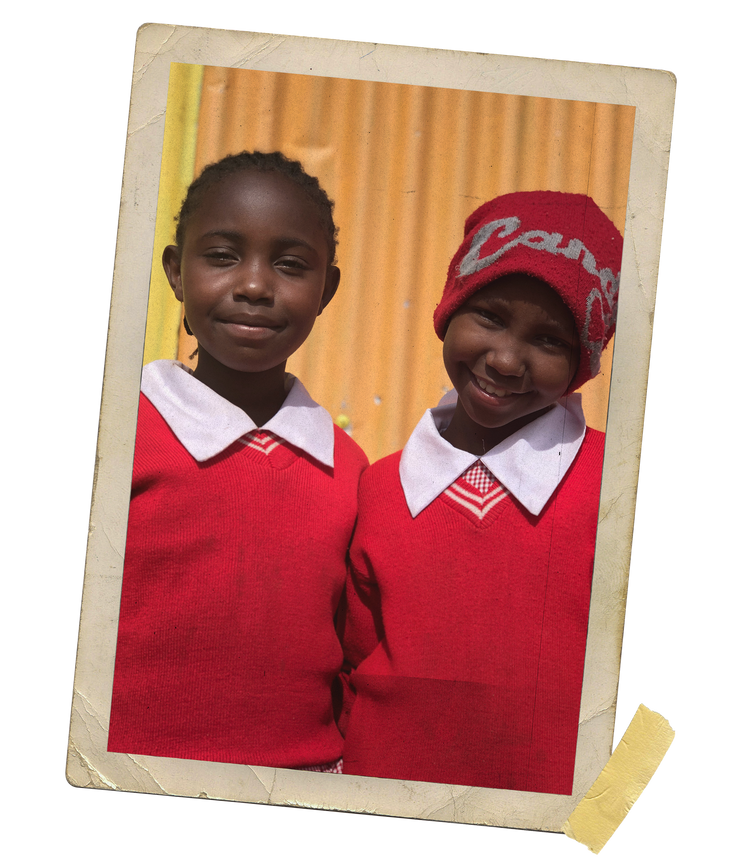
In 2020, the outbreak of the Covid-19 pandemic and government-imposed lockdowns have caused extreme damage in so-called developing countries, where national lockdowns have caused an unprecedented economic and food emergency.
This is the case in Kenya, a country where we have been operating for more than 13 years.
The situation in the slums has dramatically worsened, especially for pre-adolescent and adolescent girls, being denied basic rights earned through years of struggle and intervention, and the damage to the present and future may be irreparable.
Listed here are the most serious issues:
SEXUAL VIOLENCE
Within the slum's context of degradation and marginalization, sexual violence and abuse are commonplace and even increased during and after the lockdown enforced in 2020. Large families live in one-room shacks where there are no doors that can be locked either at the entrance to the home or inside. This means that even very young boys and girls are forced, at best, to live with the sexual activity of adults and in the worst case scenario they become the victims, suffering abuse themselves.
Then, the abuse is compounded outside: In the dumpsites, where women and girls work and are exposed to the daily violence of the men they depend on for pay. In bathrooms, which, being outside the home, further expose women to sexual violence.
It is estimated that in Kenya nearly half of all women aged 15 to 70 have experienced violence at least once in their lifetime.
UNWANTED PREGNANCIES
Carrying a pregnancy and giving birth to a child within a slum in Nairobi is inherently very dangerous for a woman, due to poor sanitation, lack of access to proper hospital facilities and a necessary medical procedure.
In Kenya, pregnancies among girls and young women between the ages of 9 and 18 are the first consequences of the violence they experience, outside or within a forced marriage. Lack of sex education for adolescents and consequently lack of awareness on issues such as contraceptive use, mutual respect, self-esteem, and gender differences are among the major causes of violence and pregnancies even among adolescents or preadolescents.
In addition to this, since abortion is not even culturally conceived, girls are forced to drop out of school or in desperation undergo clandestine abortions, risking their own lives.
PERIOD POVERTY
It is the inability of women to be able to provide themselves with adequate hygiene during menstruation, mainly due to economic issues. This includes both the inability to use appropriate sanitary equipment (pads, tampons, cups) and to have access to appropriate places (toilets with running water, equipped and clean).
The girls are forced to absent themselves from school and stay in shacks, and cultural prejudices cause them to be totally isolated from the rest of the family or become involved in traditional practices that endanger their health and freedom (marriages, pregnancies, etc.).
For this reason, we distribute free sanitary napkins at school so that they do not fall into this vicious cycle and allow them to receive ongoing education.
FEMALE GENITAL MUTILATION (FGM)
Each year, more than 3 million African girls are forced to undergo some form of genital mutilation. To date, 21 percent of women in Kenya have undergone mutilation during the period of 10 to 15 years of age and still suffer the physical and psychological consequences.
The consequences for the girls are very serious: they often die from conspicuous blood loss, from what is known as neurogenic shock, caused by the great pain and trauma, or from infection.
Even when they survive, the event constitutes an insurmountable trauma or could lead to other subsequent problems such as abscesses, cysts and stones, chronic urinary tract infections and obstructions, severe pain during menstruation and sexual intercourse, infertility, incontinence, increased vulnerability to HIV infections, hepatitis and other blood-borne diseases, and even an increased risk of dying in childbirth.
How the association is helping
The association, in order to help decrease these issues, takes a concrete approach that creates impact and gives traceable and auditable results. The right denied is translated into a solution that helps alleviate or-hopefully-erase any violation.
"Concrete acts give the measure immediately of the outcome and social impact. And we want for us and for donors to measure and account for it. This will be our response to rights denied." - Diego Masi, President & Founder of Alice For Children.
Learn more
